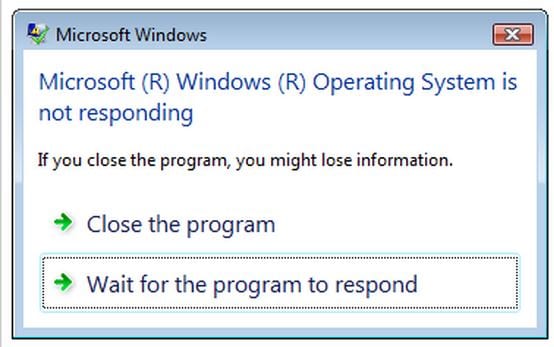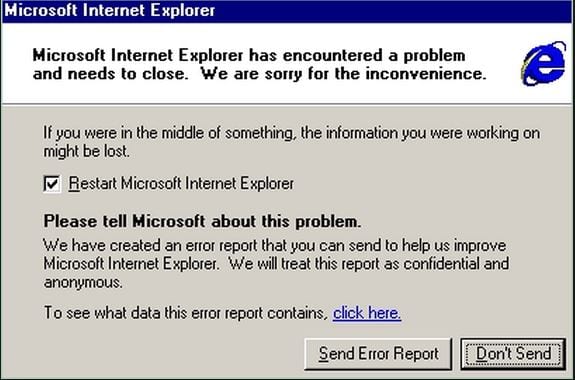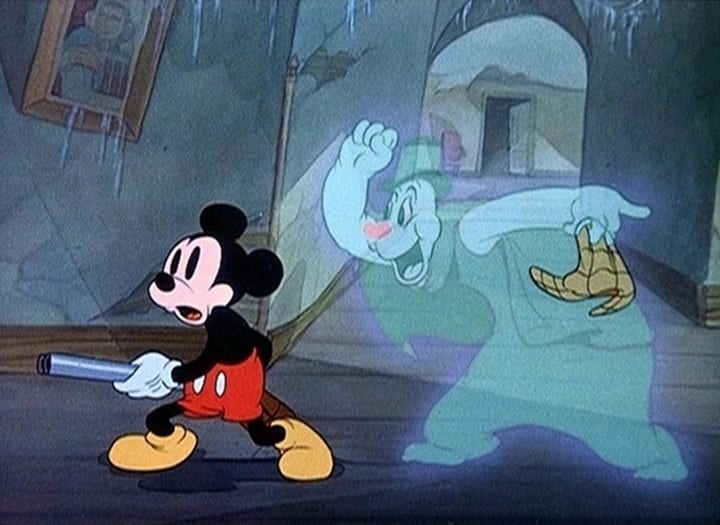
What’s an ammonite got to do with it? I’m thinking about my pilot phd interviews and wondering about the process. As a research activity, my PhD offers the chance to explore the interview in more depth. I’m adopting a postmodern standpoint which challenges traditional ways of working. Opens up alternative possibilities. Nothing is fixed in postmodernism. I need to think spirals not squares. I don’t do numbers very well but I know the ammonite is formed in a Fibonacci spiral. As the developer of Walking the Labyrinth circular thinking suits me. My mind is an unfinished map full of links and connections. If I’m researching my practice in teaching online, maybe I should be researching the practice of interviews online too.
The word interview comes from early 16th century French entrevue, from s’entrevoir ‘see each other’, from voir ‘to see’, on the pattern of vue ‘a view’ http://oxforddictionaries.com/definition/english/interview Their face to face nature is implicit but this is the digital age as well as a postmodernetic one. What’s interesting is I’ve been here before.
In theory, a truly postmodernist researcher would probably talk themselves out of existence but I find the mental gymnastics useful. The bricolage of postmodern ideas matches the eclectic nature of my thinking. Linkages keep appearing. In the way Teaching and Learning in a Digital Age brings together my work on open education and digital inclusion so the phd is bringing together a decade of teaching ICT in adult and community education with widening participation and my first Masters degree. In 1999 I used the internet – via a dial-up modem, dot matrix printer and 5 and quarter inch floppy disk – to collect first person narratives for my MA dissertation. I didn’t know anyone else doing this at the time. It generated in depth responses from people across the world. It also created ready made transcripts in digital format ideal for analysis; when studying part-time the pragmatics become significant.
I want to get personal. I’m interested in attitudes to technology for education. Like it or not, virtual learning is the future and I want to find out how to do it better. Explore the relationships between individuals and their machines. It may have more influence on engagement than has previously been acknowledged. Online interviews are flexible in terms of time and distance and the process would be more manageable for me as the researcher. The key question – and I don’t yet have the answer – is how participation through technology might compare with participation away from it? Would an email interview dilute or enhance responses?
It’s no secret how my own relationship with technology is fractious. I’m convinced the network conspires against me. My computer behaves inexplicably. I log on and trigger a fault switch. Irrational but true.



Yet I value the capacity of digital education to create meaningful educational endeavour. Virtual reality has limitations but so does face to face. How effective is a 50 minute lecture? A seminar group where no one’s done the reading? Group work with variable degrees of interest? I meet with Mike most weeks for 30 minutes. I test my ideas. Say where I am and how I’ve got there. Most of the time we don’t agree but it doesn’t matter so long as I can theoretically ground myself. We swap readings. My head spins. If I could lie down afterwards in a darkened room I would. You don’t get that sort of experience online – but you get a different one – equally valid – just different.
When it comes to postmodern research method, writers like Scheurich, Stronach and MacLure have useful things to say but they predate the internet. Classic action research texts from McNiff, Whitehead, Reason and Bradbury are great for method but have a focus on face to face. Where newer editions of these and of qualitative research manuals address the digital there is less about the postmodern. I haven’t yet found the published research into the links between postmodern theory and contemporary online educational and research practice. Which intrigues me. I’m either going off on a terrible tangent or have interesting times ahead 🙂




